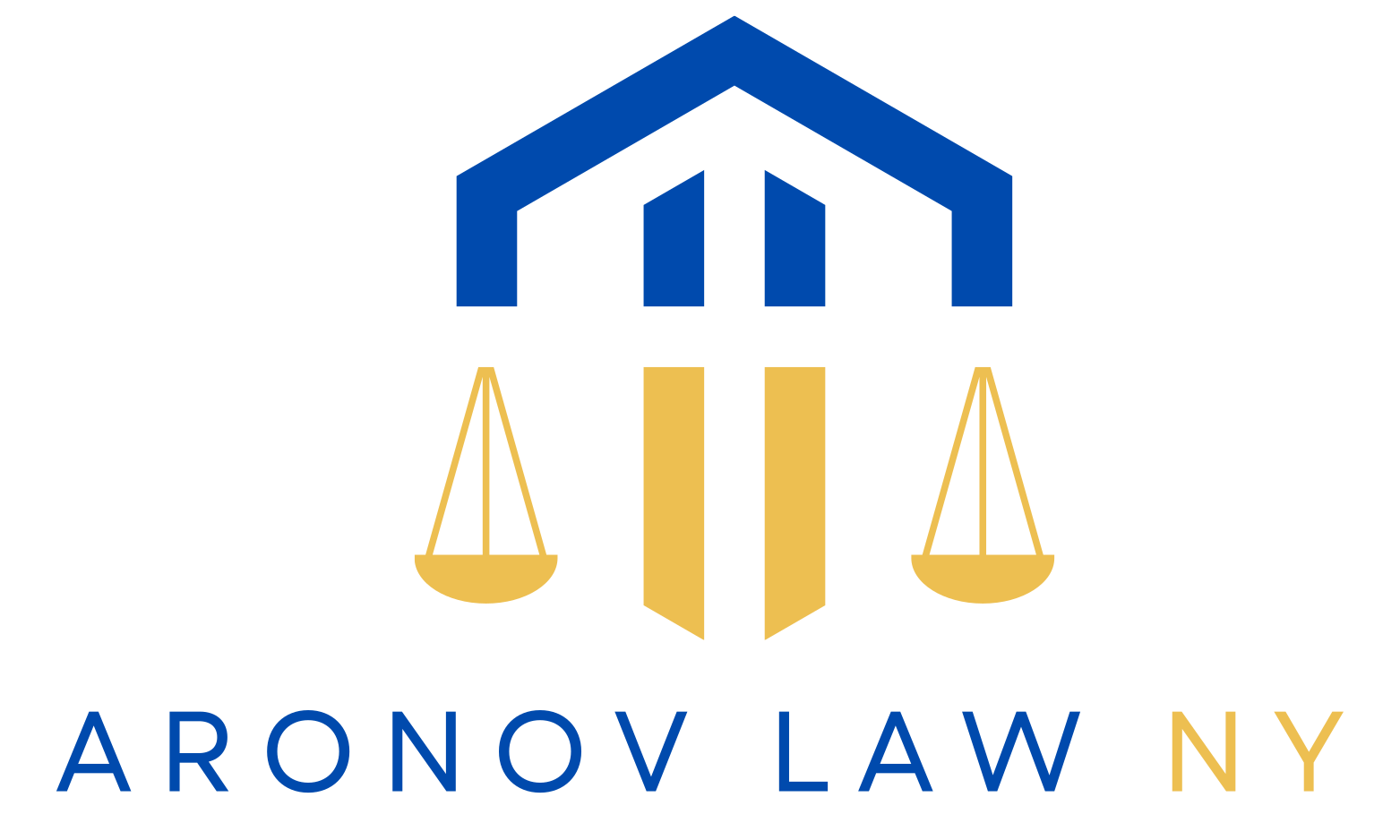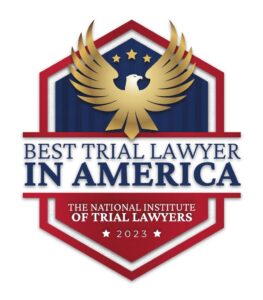What’s Included In Our Real Estate Closings
Real Estate: Buying and Selling Properties in New York City
Looking to buy or sell Real Estate in NYC? Our expert team of attorneys is here to help. New York’s Real Estate market is dynamic and constantly evolving, our attorneys are always on top of the latest trends and newest developments.
Whether you’re involved in a commercial or residential transaction, our attorneys have the expertise, resources, and connections to provide you with everything you need. After years of experience with a diverse range of clients and situations, we draw upon our extensive legal knowledge to ensure that every transaction we handle comes to a successful conclusion.
Our legal team has worked with owners, operators, and developers throughout New York and beyond. Our proven track record with everything from small family-owned businesses to vast regional holding companies stands as a testament to our multifaceted expertise and our dedication to client satisfaction. With experience that spans a wide range of commercial Real Estate dealings, including commercial complexes & office buildings, large-scale housing units, healthcare facilities, and educational institutions you can rely on Robert Aronov.
We’re here to help you achieve your Real Estate goals
Aronov Law NY is one of New York City’s top real estate attorneys. In his 23 years of practice he has overseen more than $10 billion in completed transactions in many of NYC’s most notable locations, including representation of an African Country Burkina Faso in the sale of 17 million dollar townhouse and purchase of 9 million dollar UN Mission in Midtown and 5 million dollar residence in Westchester, NY. As an expert real estate attorney he has represented numerous developers, investors and lenders such as Citi, Wells Fargo, Bank of America to name a few.
As an agent/broker working with our firm you will get the following:
In addition to the 23 years of experience of our firm, a group of 3 lawyers and staff of 8 paralegals these policies make the real estate agents we work with continue to refer clients to us: For cash deals we offer a 7 day from Contact to closing timeline using our connections to expedite the title and survey work.
*Digital contract signing and daily follow ups with the other side regarding fully executed contracts. (Many real estate lawyers end up killing deals at this stage of the process due to delays). Most of our contracts are fully signed by both parties within 3 days .
*Everyone receives weekly update email until the day of the closing.
*In the event we due need court’s intervention to get the deposit back or enforce the contract by filing a Lis Pendence our attorneys do litigate and have successfully completed a number of cases.
*If there is an estate involved we do make applications to Surrogate Court to obtain letters.
*We bring a complete legal package to you and your team and your customers
Our award winning legal staff comes from top local Queens Law schools like St. Johns & CUNY. Call us now for a free consultation.
Buying and selling residential property in Manhattan is a complex and challenging process. Our team of Real Estate attorneys are proficient in detail, from the initial stages to the final closing. We also provide comprehensive assistance and support with landlord-tenant matters (where required) after your transaction is complete. Allow us to take the stress and aggravation out of your Real Estate transactions. Let us navigate the intricacies of your residential Real Estate transactions to ensure a smooth, successful stress-free experience.
Aronov Law NY offers a magnitude of real estate legal services. Our attorneys have over 40 collective years of experience in the real estate industry. With our expertise, we guarantee you a worry free process. Our experienced attorneys will conduct a rigorous due diligence process to make sure the property you purchase is free of any liens, defects, judgements, free of any open violations. For decades, Robert has successfully guided New Yorker’s through the process of buying and selling real estate. Trust, experience and a personal approach have all contributed to Robert’s widespread reputation as a reliable and effective real estate attorney. From nearly round-the-clock availability, to thorough and patient dealings with clients.
Law Offices From Queens To Brooklyn & All Of NYC Near You
Corporate Real Estate Law Office: 88-02 136th St Queens, NY 11418 (718) 206-1555. Please call to Schedule prior to Arrival.
For your convenience, our plethora of real estate services are available at multiple offices throughout the five boroughs including Manhattan, Queens, Brooklyn, Bronx & Staten Island. Call us now or fill out the adjacent form to set up a completely free legal consultation at one of our many real estate law offices near you.
Corporate Office Directions:
Brooklyn, NY Real Estate Law Office:
300 Cadman Plz W 12th fl, Brooklyn, NY 11201
Manhattan, NY Real Estate Law Office:
305 Madison Ave, New York, NY 10017, United States











